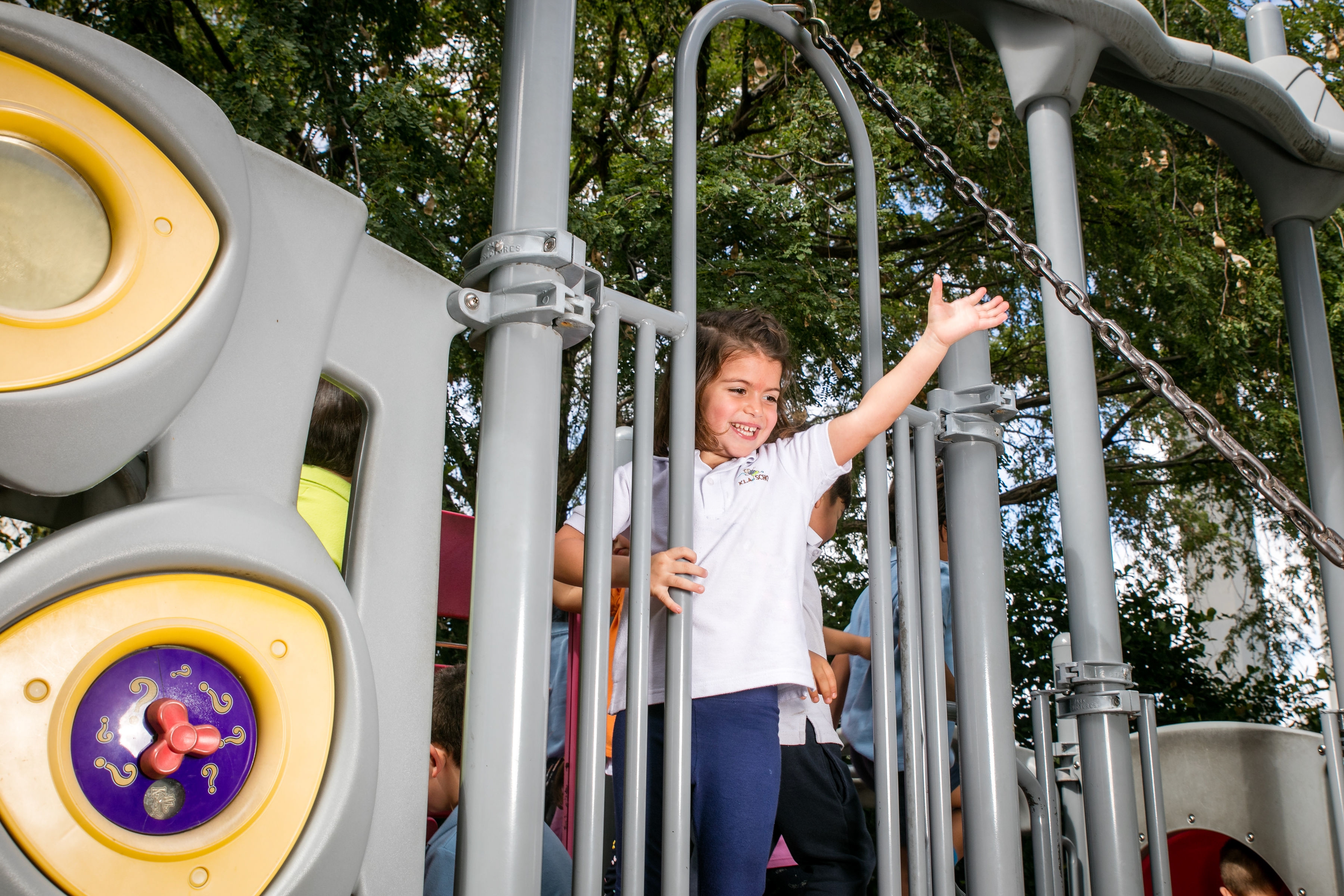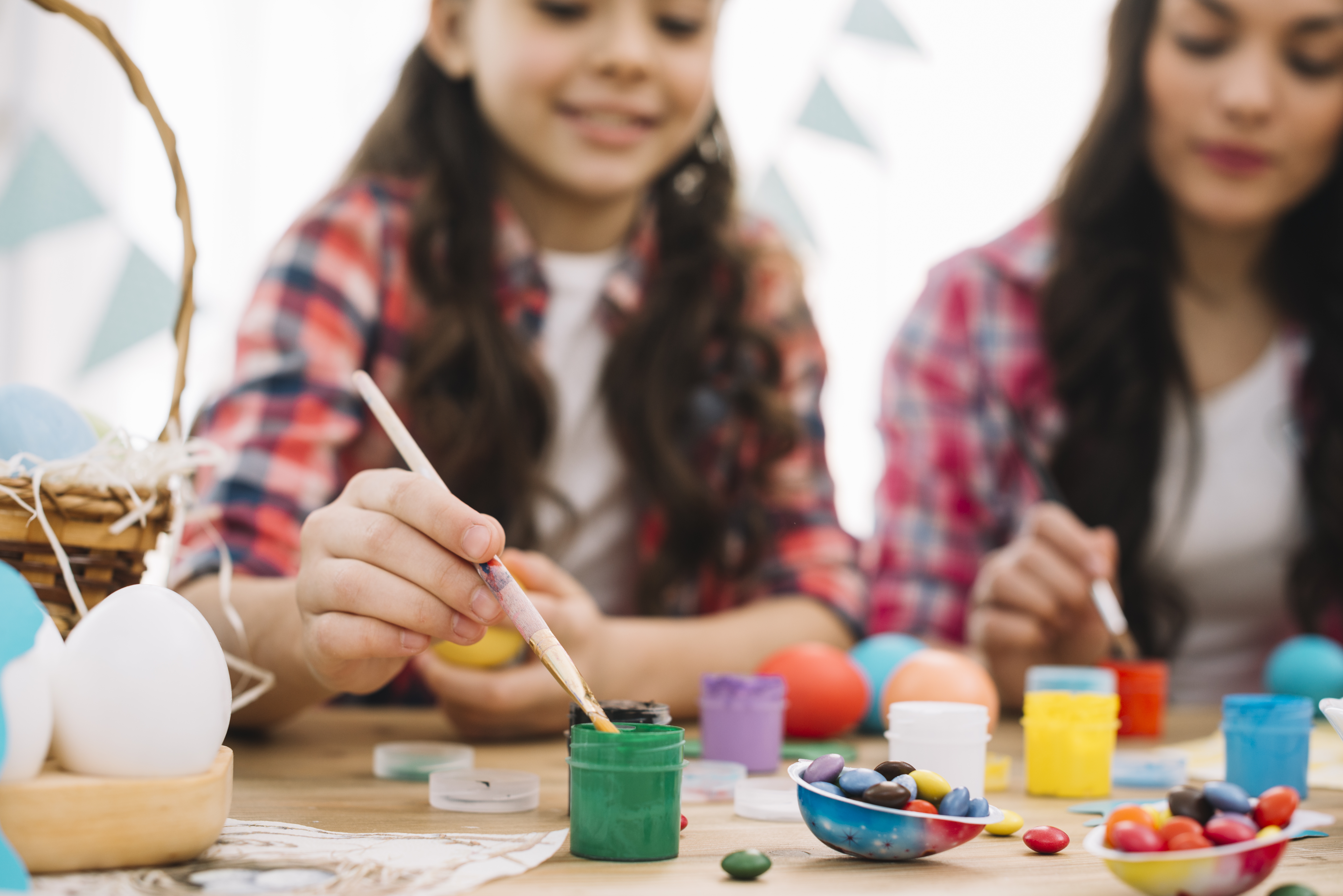10 Practical Reggio Emilia Examples in the Classroom
Topics: School Life
Age Range: Preschool
The Reggio Emilia approach fosters creativity, exploration, and a deep sense of curiosity in children. This method, developed in Italy, emphasizes hands-on learning, collaboration, and the importance of the environment as a "third teacher." Implementing this philosophy requires intentional practices to encourage students to participate actively in their education. Below are ten practical Reggio Emilia approach examples that bring this methodology to life in the classroom, encouraging children to participate actively in their learning journey.
1. Child-Led Learning Projects
In a Reggio Emilia-inspired classroom, children guide their learning by choosing topics of interest. Teachers act as facilitators, observing students' curiosity and designing projects around their inquiries. For example, if children express interest in butterflies, the classroom transforms into a space for research, art, and storytelling about their lifecycle. This method ensures students remain engaged and develop a sense of ownership over their education.
2. The Environment as a Third Teacher
The learning environment is carefully curated to inspire creativity and exploration. Natural materials, open-ended resources, and flexible seating encourage movement and collaboration. A classroom following the Reggio Emilia approach in classroom design might include cozy reading nooks, interactive discovery stations, and an area for hands-on science experiments. This setup fosters independent and group learning while promoting sensory experiences.
3. Open-Ended Materials for Exploration
Rather than traditional toys or worksheets, Reggio Emilia classrooms offer open-ended materials such as wooden blocks, fabrics, recycled items, and clay. These resources spark imaginative play and allow students to manipulate objects uniquely. A box of shells, for instance, can lead to counting activities, storytelling, or artistic creations, all driven by students' ideas.
4. Reggio Emilia Documentation Examples
Capturing children's learning journeys is fundamental to classroom life in Reggio Emilia settings. Teachers document students' progress through photographs, written observations, and displayed work. Portfolios showcase children's evolving skills and thought processes. One Reggio Emilia documentation example might be a project wall featuring pictures, children’s quotes, and reflections, providing an ongoing narrative of their exploration and learning.
5. Encouraging Social Collaboration
Group work and peer interactions are highly valued. Teachers create opportunities for students to work together, solve problems, and exchange ideas. For instance, children constructing a miniature city out of recycled materials discuss their plans, negotiate roles, and solve structural challenges collectively. This approach nurtures communication, empathy, and teamwork skills, making them key elements of the Reggio Emilia curriculum.
6. Integration of Nature and Outdoor Learning
Connecting with nature enhances children's sensory experiences and deepens their world understanding. Outdoor classrooms or garden spaces provide science exploration, movement, and creative expression opportunities. A classroom might have a dedicated nature table where students display found objects like leaves, stones, or feathers and engage in observational drawings or scientific discussions about their discoveries.
7. Inquiry-Based Learning with Provocations
Teachers introduce “provocations” – carefully selected materials or questions – to spark curiosity and encourage students to think critically. Instead of giving direct answers, educators ask open-ended questions like, "What do you think will happen if we mix these colors?" or "How can we build a structure that won’t collapse?" These provocations help children develop problem-solving skills while embracing the unknown.
8. Artistic Expression as a Learning Tool
Art is deeply integrated into all subjects in Reggio Emilia classroom settings. Students creatively express their thoughts and emotions through painting, sculpting, or music. A lesson on animals, for example, may involve sculpting habitats with clay, creating animal-inspired dances, or painting large collaborative murals. This approach reinforces the idea that learning is a dynamic and interactive experience.
9. Family and Community Involvement
The Reggio Emilia philosophy emphasizes strong connections between school, home, and the broader community. Parents are encouraged to participate in classroom activities, share their expertise, and provide insight into their child’s interests. Schools may invite local artists, scientists, or community members to collaborate on projects, making education a shared and enriched experience.
10. Reflective Teaching Practices
Teachers continuously reflect on their methods to meet students' evolving needs. Regular discussions among educators help refine teaching strategies and foster a deeper understanding of children's learning processes. Reflection also extends to students, with educators encouraging them to revisit their work, discuss their thought processes, and celebrate their growth.
Real-World Examples of Reggio Emilia in the Classroom
At KLa preschools, we bring the Reggio Emilia approach in classroom environments to life through various engaging activities that encourage curiosity, creativity, and collaboration. Here are some ways we implement this philosophy:
- Sensory exploration: Children engage in activities like digging and pouring in sensory tables, helping them refine motor skills and explore different textures.
- Artistic expression: Easels, large sheets of paper, and various art materials provide endless opportunities for children to experiment with drawing and painting.
- Nature discovery: Students collect and sort leaves, flowers, and insects from the playground, encouraging scientific thinking and appreciation for nature.
- Encouraging discussion: Planned conversations help children verbalize their ideas, actively listen to their peers, and strengthen social communication.
- Written language exposure: Classrooms feature books, notepads, labels, and maps, immersing students in the world of literacy.
- Creative documentation: Children document their thoughts and learning experiences through photographs, video recordings, and voice notes, fostering reflection and self-expression.
- Physical movement: Jumping, climbing, running, and dancing promote motor development and social interaction.
- Music and sound exploration: Students engage in singing, instrument playing, and sound experiments, enhancing their auditory skills and creativity.
- Outdoor play: Investigating the natural environment fosters curiosity and an appreciation for the world outside the classroom.
- Dramatic play: Role-playing and storytelling encourage problem-solving, social collaboration, and imaginative thinking.
- Collaborative problem-solving: Teachers and students work together to explore new concepts, encouraging teamwork and shared learning experiences.
Implementing Reggio Emilia in Your Classroom
Adopting Reggio Emilia curriculum examples into an existing educational setting requires flexibility and a willingness to embrace student-led learning. Teachers should observe students’ interests, provide open-ended resources, and create an inviting environment that supports exploration. By incorporating these Reggio Emilia approach examples, educators can cultivate a classroom atmosphere where curiosity thrives and learning becomes a lifelong journey.
KLA Schools: Encouraging Lifelong Learners
Reward your child’s curiosity and enthusiasm, making them lifelong students hungry to understand, excited to learn, curious to explore, and free to question. We are an innovative community of infant, preschool, Pre-K, and kindergarten preschools based on the Reggio Emilia Approach to education. Our educators will instill confidence and a thirst for learning in your child, helping them to thrive and succeed in a rapidly changing world. Contact us today to learn more or schedule a tour!

